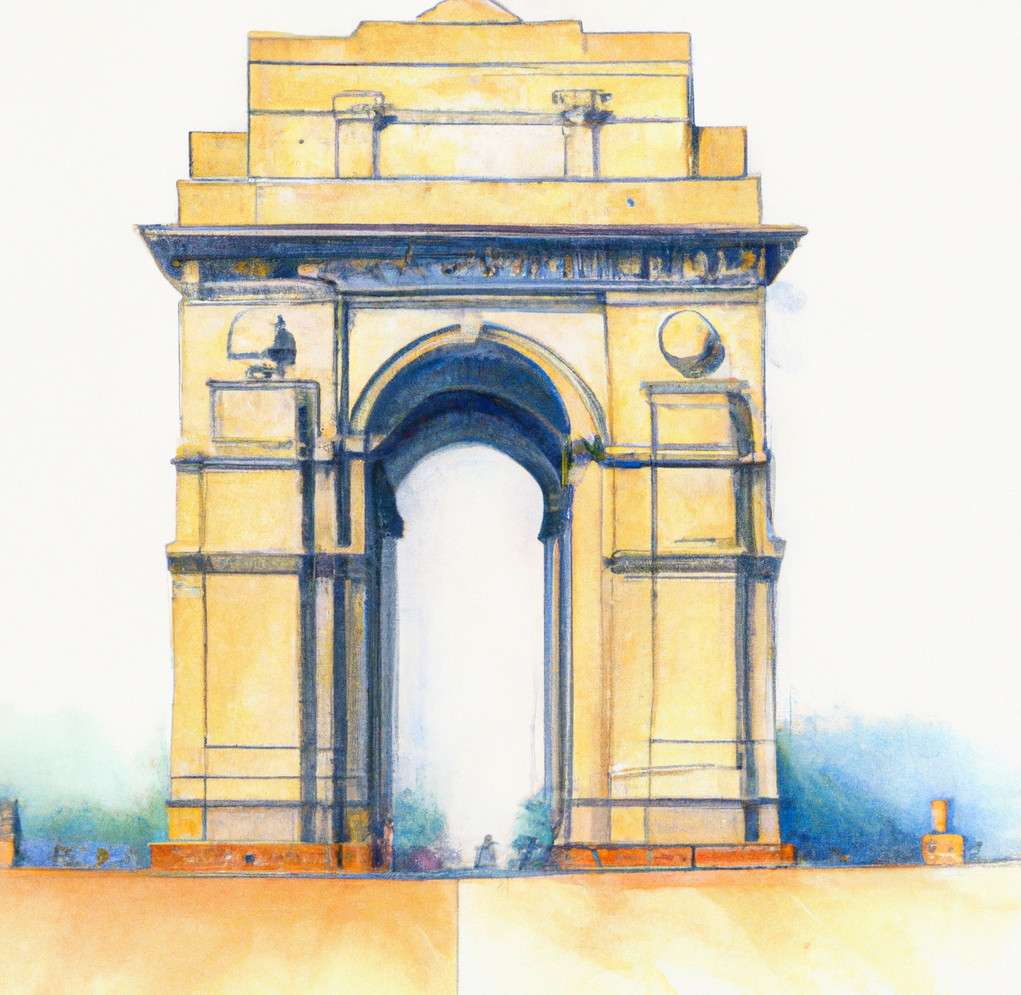Hindi is one of the official languages of India, spoken by millions of people across the country. It is a language with a rich and diverse history, and the question of who found the Hindi language is a fascinating one.
The origins of Hindi can be traced back to the ancient language of Sanskrit, which was the language of the Hindu scriptures, Vedas, and Upanishads. Over time, Sanskrit evolved into a number of other languages, including Hindi.
The earliest known form of Hindi is called Braj Bhasha, which was spoken in the region of Braj in northern India during the medieval period. This language was heavily influenced by Sanskrit and was used in the poetry and literature of the time.
Over the centuries, Hindi continued to evolve and change, adapting to the changing social and cultural landscape of India. It also borrowed words and phrases from other languages, including Persian, Arabic, and English.
One of the most significant milestones in the development of Hindi was the establishment of the Devanagari script, which is still used to write the language today. This script was first used in the 13th century to write Sanskrit texts and was later adapted to write other languages, including Hindi.
Today, Hindi is one of the most widely spoken languages in the world, with over 500 million speakers. It is the primary language of many parts of northern India, including Delhi, Uttar Pradesh, and Bihar, and is also spoken in other parts of the country, as well as in other countries around the world.
In conclusion, the question of who found the Hindi language is a complex one, as the language has evolved over time and been influenced by a variety of factors. However, it is clear that Hindi has a rich and fascinating history that continues to be celebrated and studied today. Whether you are a native speaker of Hindi or simply interested in learning more about this vibrant and important language, there is much to discover and appreciate about its past and present.
